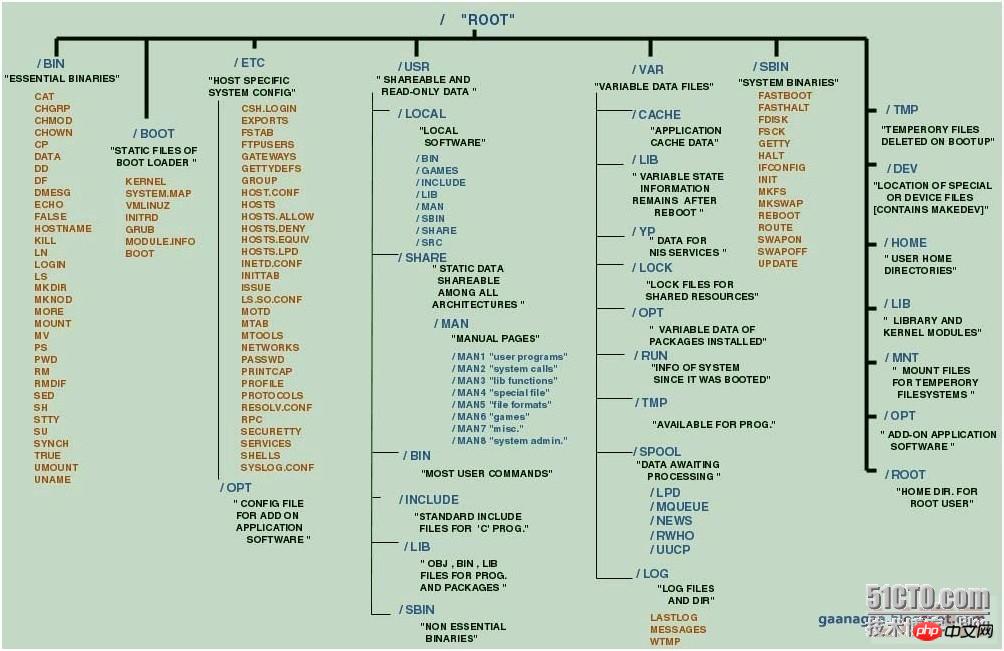
一、安装go语言环境
首先,确保你的Debian系统已安装Go。若未安装,执行以下命令:
sudo apt update sudo apt install golang-go
验证安装:
立即学习“go语言免费学习笔记(深入)”;
go version
二、选择日志工具
Go语言有多种日志工具,例如logrus、zap、zerolog等。本文以logrus为例。
三、安装logrus
使用go get命令安装:
go get github.com/sirupsen/logrus
四、配置logrus
在你的Go项目中,配置日志。以下示例展示了如何在main.go文件中配置logrus:
package main import ( "github.com/sirupsen/logrus" "os" ) func main() { logrus.SetLevel(logrus.DebugLevel) // 设置日志级别 logrus.SetFormatter(&logrus.JSONFormatter{}) // 设置日志格式为JSON logrus.SetOutput(os.Stdout) // 设置日志输出到标准输出 logrus.Debug("调试信息") logrus.Info("信息") logrus.Warn("警告") logrus.Error("错误") }
五、运行项目
编译并运行你的Go程序:
go run main.go
输出类似:
{"level":"debug","msg":"调试信息"} {"level":"info","msg":"信息"} {"level":"warn","msg":"警告"} {"level":"error","msg":"错误"}
六、集成到系统服务(可选)
将Go应用注册为系统服务,可以使用systemd。
- 创建systemd服务文件 (例如:myapp.service):
[Unit] Description=My Go Application After=network.target [Service] ExecStart=/path/to/your/myapp Restart=always User=youruser Group=yourgroup Environment=GO_ENV=production [Install] WantedBy=multi-user.target
将/path/to/your/myapp替换为你的可执行文件路径,youruser和yourgroup替换为运行应用程序的用户和组。
- 复制服务文件:
sudo cp myapp.service /etc/systemd/system/
- 重新加载systemd配置:
sudo systemctl daemon-reload
- 启用并启动服务:
sudo systemctl enable myapp.service sudo systemctl start myapp.service
- 检查服务状态:
sudo systemctl status myapp.service
通过以上步骤,你便可在Debian系统中成功集成Go语言日志管理工具,并将其作为系统服务运行。 请记得将示例中的占位符替换为你的实际路径和用户名。
© 版权声明
文章版权归作者所有,未经允许请勿转载。
THE END
喜欢就支持一下吧
相关推荐












